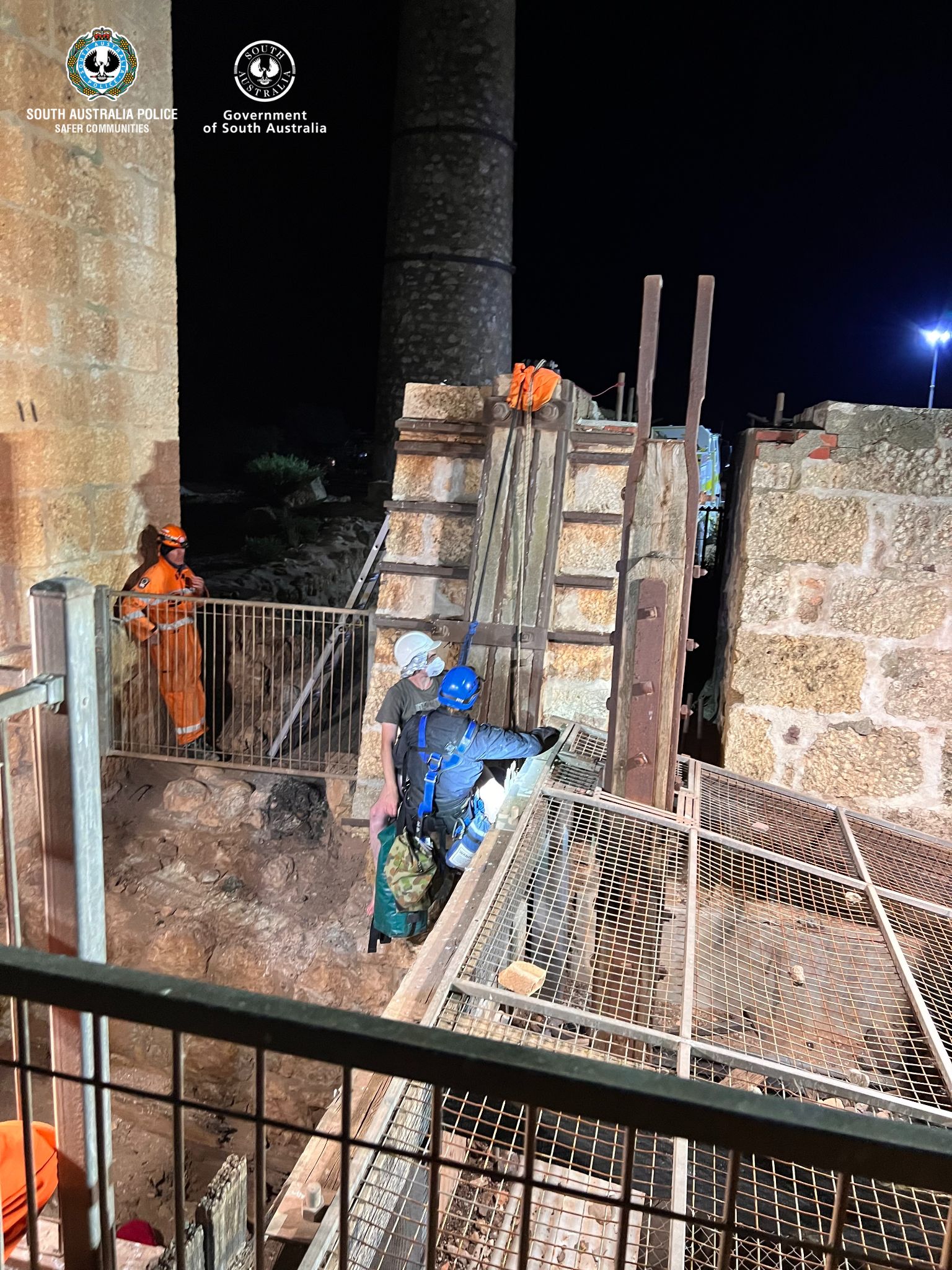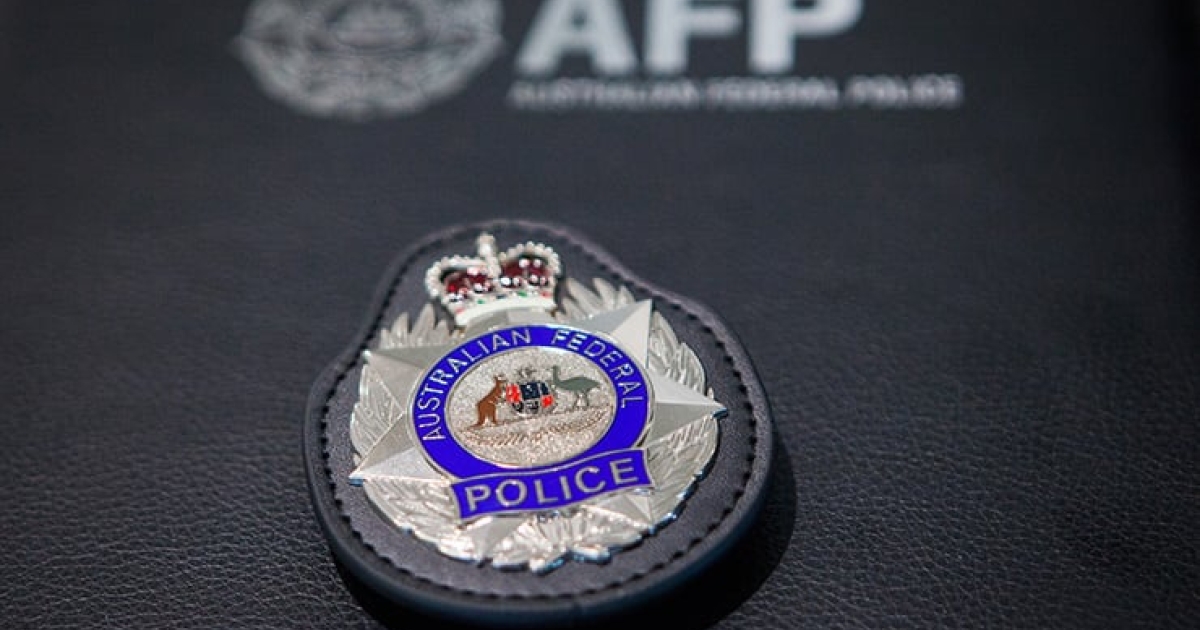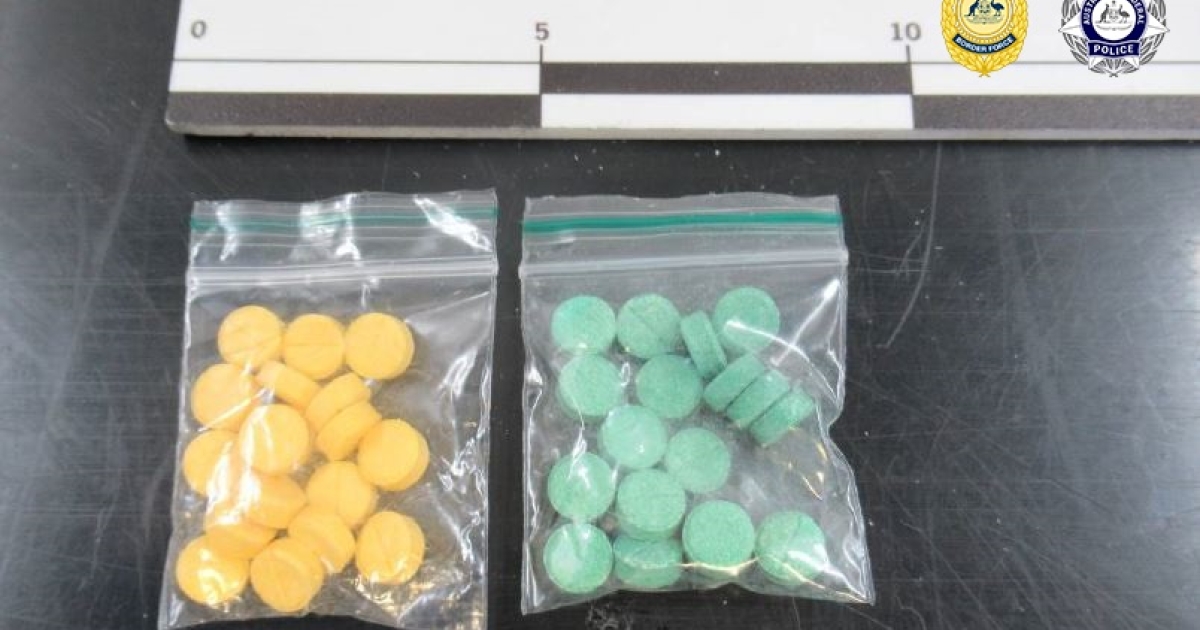Coles and SecondBite today are marking a significant milestone with the equivalent of 200 million meals donated from unsold, edible food diverted from landfill.
The milestone – achieved over the 12-year partnership – has not only created nutritious meals for thousands of Aussies in need but has also enabled more than 100 million kilograms of unsold food to be rescued from Coles supermarkets.
A further two million kilograms of food – enough for four million meals – has been donated to SecondBite from Coles distribution centres, including bulk donations to meet increased demand during the COVID pandemic.
The milestone was recognised at Addison Road Community Organisation’s new ‘zero waste, zero emissions’ kitchen in Marrickville, NSW.
The organisation – affectionately known as “Addi Road” – is one of around 1,100 SecondBite community food partners across Australia where rescued food from Coles is used to cook nutritious meals, stock community food pantries and provide food hampers to locals in need.
Coles General Manager Sustainability Brooke Donnelly said reaching 200 million meals is a significant milestone in Coles’ ambition to reduce food waste.
“Coles’ partnership with SecondBite is instrumental in achieving our purpose to sustainably help all Australians lead healthier, happier lives and we’re incredibly proud to reach this milestone of having donated the equivalent 200 million meals to SecondBite over 12 years,” she said.
“We’re also delighted to celebrate this milestone at Addi Road who are a prime example of our partnership with SecondBite in sustainability and supporting local communities.”
“Not only has Addi Road been providing nutritious meals with rescued food from Coles and SecondBite for five years, but they have also used a $165,000 Coles Nurture Fund grant to take the next step in sustainability by using solar energy to turn edible food waste into meals for vulnerable people and establish a ‘zero waste zero emissions’ kitchen.”
The Coles Nurture Fund project has enhanced Addi Road’s food rescue and redistribution model by adding a production element, thereby creating a circular economy for rescued food. The rescued food they cannot distribute through their Community Food Pantry is now used to make nutritious ready-to-eat meals.
SecondBite Chair Julian Martin said Coles’ food donations have been especially welcomed in recent times as demand for their services continue to increase.
“The 200 million meals milestone in our partnership with Coles is indicative of both the growing need and our growing capacity to help Aussies in need,” he said.
“From fresh produce to the grocery aisle and the food chilling in Coles’ fridges and freezers, every single item donated counts – and means less waste to landfill.”
“Together with Coles, we will continue to do everything we can to ensure unsold, edible food gets to the people who need it most.”
Addi Road CEO Rosanna Barbero said the charity was delighted to be part of the 200 million meals milestone celebrations.
“Addi Road is delighted to help celebrate Coles’ 200 million meals milestone with SecondBite because we have seen firsthand how much this partnership is needed to support vulnerable members in our community,” she said.
“We’re also extremely delighted to have completed our solar powered ‘zero waste, zero emissions’ kitchen thanks to our Coles Nurture Fund grant. Our infrastructure upgrades have been warmly welcomed by everyone who has had a meal prepared from our new kitchen and we’re extremely proud to be leading the way in building a more sustainable future for our local community.”
SecondBite is the largest free food rescue organisation in Australia, working with growers, manufacturers and retailers to rescue and redistribute surplus food to community groups, schools, charities and not-for-profit organisations like Addi Road.
Since joining forces in 2011, Coles and SecondBite have addressed the issues of food insecurity and food waste. The partnership has grown steadily over the past decade to now be supported by over 800 Coles supermarkets and more than 1,100 community food programs across the country.
%20Damien%20Moore,%20Srijan%20Thapa,%20Rosanna%20Barbero,%20Julian%20Martin,%20Mohan%20Mallola%20and%20Veronica%20Adler.jpg)








